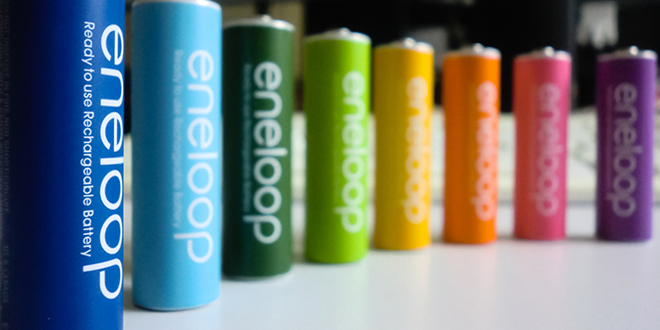Conventional wisdom has it that lithium-ion batteries are the state of the art, and that nickel-metal hydride chemistry, which is used in most conventional hybrids (some of the newer Prius models now use Li-ion), is pretty much obsolete.
However, scientists at BASF believe that NiMH technology still has much to offer. According to MIT Technology Review, the company recently developed a NiMH battery with double the storage capacity of the traditional kind, comparable to Li-ion. And they hope to improve that even more, perhaps by a factor of eight. Their goal is to produce a battery with a cost of $146 per kWh, roughly half that of the cheapest Li-ion batteries.
Lithium-ion batteries are lighter and more compact. But nickel-metal hydride batteries are inherently safer. Because they don’t include flammable liquids, they don’t catch fire if they overheat or are overcharged, so they don’t require the complex cooling and safety systems that Li-ion batteries do. Safety systems can add about 25 percent to the cost, and 50 percent to the weight, of a Li-ion battery pack, according to the US Advanced Battery Consortium.
There’s no question that Lithium-ion cells have superior specific energy – as much as 230 Wh/kg. But that advantage can become a moot point when one factors in the added weight of the safety systems, and the fact that much of the energy is held in reserve to maximize battery life. One analysis found that the total usable amount of storage in Li-ion batteries is between 60 and 120 Wh/kg.
Source: ChargedEVs



